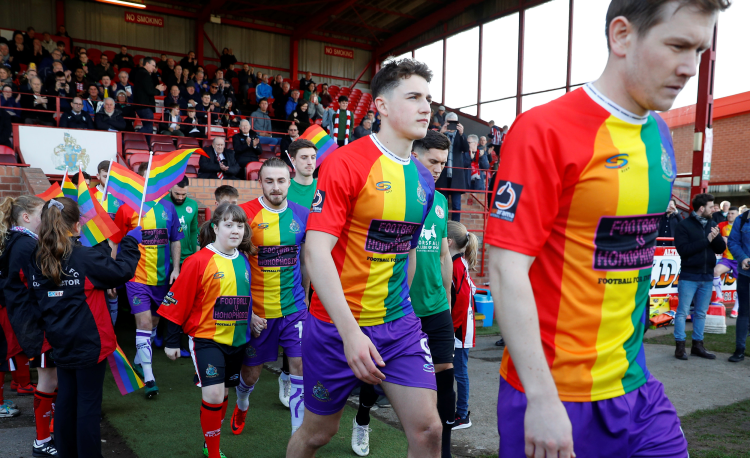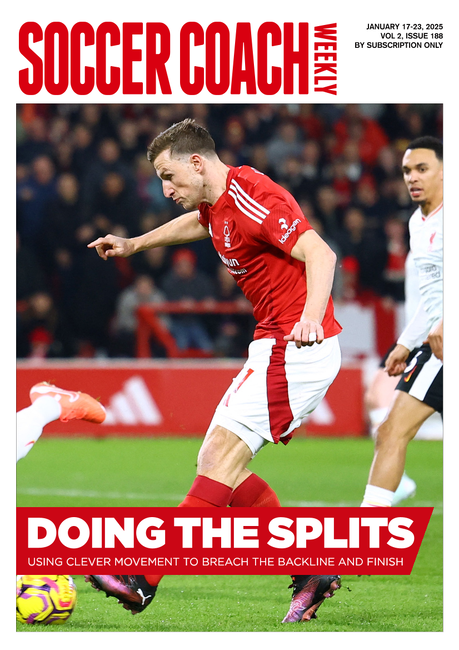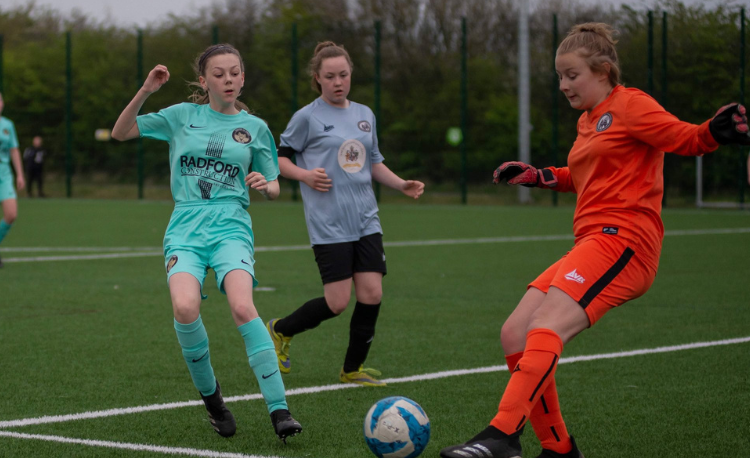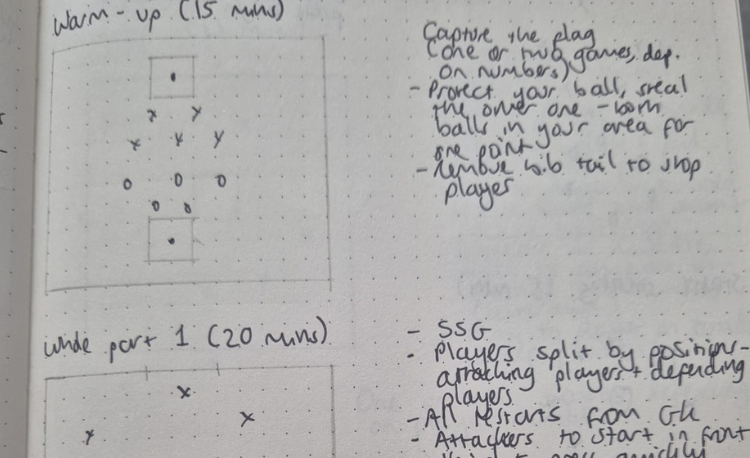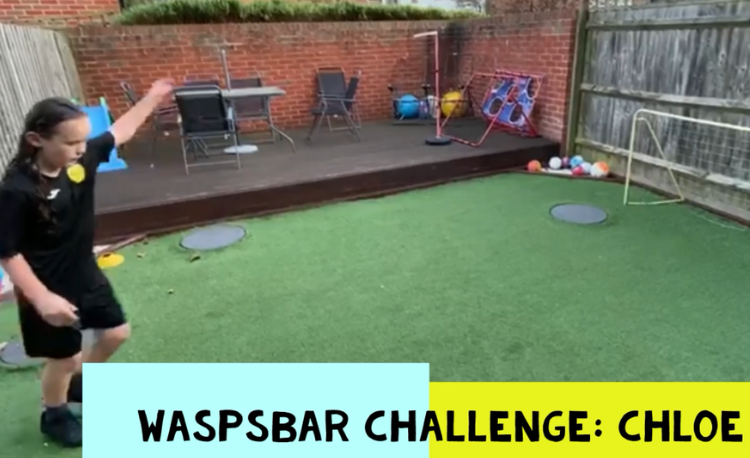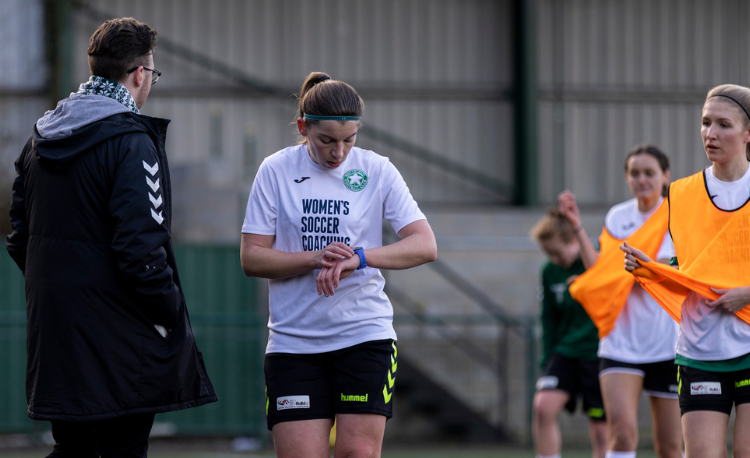Tips for being an ally to LGBTQIA+ players
Eight simple and practical ways to show your support.
In any coaching environment, you may be working with a player, or players, who identify as LGBTQIA+.
It is important to remember these players will all be at different stages of their journey.
Some may understand their identity and are comfortable sharing it. Others may feel they have an understanding of where they are at, but aren’t yet ready to express it. Some may be just beginning to figure out who they are.
There can also be societal, family or peer pressure in their lives or situations that impact their experience.
Our identities can evolve throughout our lives – so we should be aware of all of this regardless of the age group we are coaching.
It is not your role as a coach to know exactly where each player is at, in terms of their identity – no-one owes anyone an explanation on this topic.
It is, however, vital that you create an environment which is safe for your players – one in which they can enjoy their soccer knowing they are accepted for who they are.
I have found some really practical ways to go about this in my coaching career. I hope some of them can be useful to you – whether you are a member of the LGBTQIA+ community yourself, or an ally.
01 - use inclusive language - don’t make assumptions
It is easy to look at someone and think you know their gender identity or sexual orientation. But it is important not to make this assumption.
One way to do this is to use inclusive language. Rather than defaulting to ‘he’ or ‘she’, for example, try using ‘they’. Rather than assuming someone is talking about their boyfriend or girlfriend, use ‘partner’ in reference to them. And rather than saying, "Guys, come in," try "Everyone, come in".
Of course, once you know someone’s preferred pronouns, you should use these.
For ease, gender identity is something you can consider putting on a player registration form – people can share their preferred pronouns if they wish.
It is also important to note that, while some people have single labels and some have multiple, others prefer not to have them altogether. It is a personal choice that should be respected.
02 - Let your players know you’re there
This is relevant to everything, not just identity. Players should know you are there to support them, not just in a football sense but in every sense.
Trust is the foundation. Building it comes from things like you keeping your word, being clear in communication and taking a genuine interest in your players’ lives.
One-to-ones are key – speak to your players individually; check in with them and keep an eye out for any changes in their behaviour or mood.
Show them that you care about them way beyond what they do on the field.
03 - Keep things confidential
If a player does choose to confide in you – about their identity or anything else – you should absolutely keep what they tell you confidential in order to maintain their trust.
Of course, if you judge a player or someone else to be at risk, based on the information you receive, your safeguarding duties mean you will need to act accordingly. But if the player is safe and just confiding in you, you should keep it to yourself.
It’s an honour if someone chooses to talk to you about personal topics. You may be the only person, or one in a group of a few people, whom they feel they can talk to, and they will likely feel vulnerable doing so. You need to respect that.
04 - ALWAYS Show up as your true self
Players need to know that you are a real, fully rounded human in front of them.
That’s not to say you need to tell them the ins and outs of your personal life – this is up to you, dependent on how you feel and the context in which you are coaching.
But letting the players into some of your interests, hobbies or background, for example, can show that you are open to engaging with them about more than just football, and can encourage them to show up as themselves, too.
05 - Educate yourself
Look to learn as much as you can, whether through reading, podcasts or other resources.
You can approach this learning on two levels. Firstly, there’s the more general one: learning about the history and different elements of the LGBTQIA+ community and the challenges they face.
But there is also the more specific level. What are the issues specific to the community in your region, for example? What do your association, league or club policies say about the LGBTQIA+ community?
The more you educate yourself, the better positioned you will be to show up for your players.
"We are all learning. It is the commitment to doing better which is the important thing..."
06 - Show your support
There are numerous ways you can show visible support for the community.
Get involved with football initiatives, such as the UK’s Rainbow Laces campaign, take part in local Pride events, or consider using a captain’s armband with pride colours - or other causes - on them.
It should be noted, however, that showing support in this way should be done alongside everything else in this list. Then, it is not just performative - it is an illustration of values that run throughout everything you do.
07 - Have the difficult conversations
It is important that if we hear discrimination, we challenge it, and if we see an opportunity for someone to be educated, we take it.
That could take the form of speaking to a fellow coach who uses language that isn’t inclusive, or challenging a club committee on some of its policies.
It could also be pushing for change at higher levels – with leagues, groups or federations. These leadership bodies should set the tone and provide guidance.
If they are not doing so, or not doing it in the right manner, we are entitled to ask questions.
08 - don’t judge yourself harshly if you slip
In order to be a really good ally, you will have to commit to doing the above things properly.
Sometimes it will be uncomfortable. Sometimes you will have to challenge things within yourself - and often you will find yourself not getting things quite right.
When that happens, don’t be too hard on yourself. If you use the wrong pronoun, for example, correct yourself and commit to trying not to do it again.
We are all learning. It’s the commitment to being and doing better which are the most important things.
Related Files
WHAT DOES LGBTQIA+ STAND FOR?
The acronym LGBTQIA+ stands for: lesbian, gay, bisexual, transgender, queer, questioning, intersex or asexual, plus other terms that people may use to describe their experiences of gender or sexuality.
Newsletter Sign Up
Coaches Testimonials

Gerald Kearney, Downtown Las Vegas Soccer Club

Paul Butler, Florida, USA

Rick Shields, Springboro, USA

Tony Green, Pierrefonds Titans, Quebec, Canada
Subscribe Today
Discover the simple way to become a more effective, more successful soccer coach
In a recent survey 89% of subscribers said Soccer Coach Weekly makes them more confident, 91% said Soccer Coach Weekly makes them a more effective coach and 93% said Soccer Coach Weekly makes them more inspired.
*includes 3 coaching manuals
Get Weekly Inspiration
All the latest techniques and approaches
Soccer Coach Weekly offers proven and easy to use soccer drills, coaching sessions, practice plans, small-sided games, warm-ups, training tips and advice.
We've been at the cutting edge of soccer coaching since we launched in 2007, creating resources for the grassroots youth coach, following best practice from around the world and insights from the professional game.
